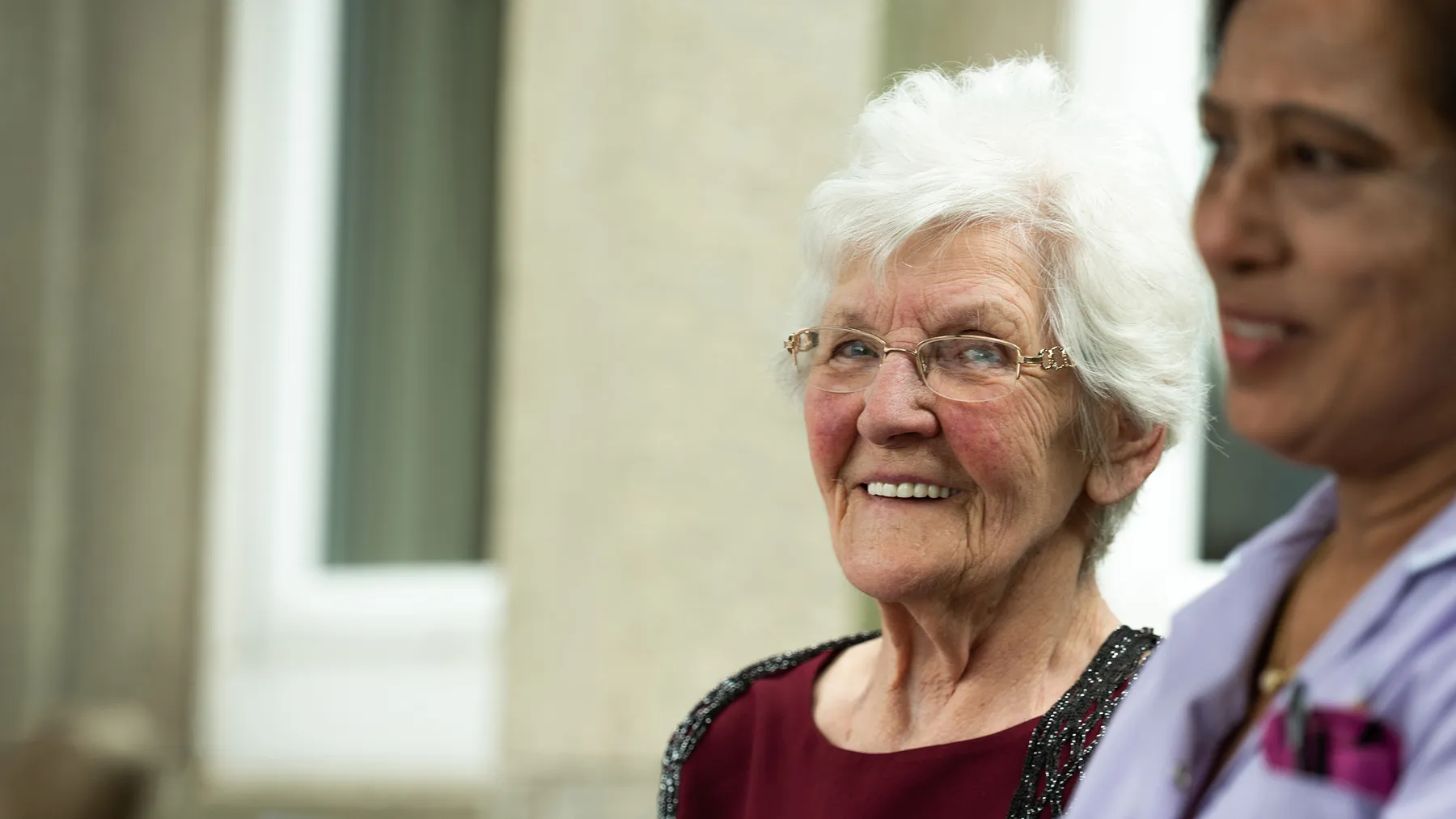
How to spot the early signs of dementia
I’ve worked in the care sector for all of my career, and I am now a Home Manager in a care home which specialises in dementia care. Norley Hall Care Home, based in Wigan, has a floor dedicated to residents with dementia.
Dementia affects nearly 982,000 people in the UK, and this number is expected to rise to 1.4 million by 2040.
Dementia is not a single disease but a term describing a range of symptoms caused by brain damage, including memory loss, confusion, and changes in behaviour.
It can be a scary thing to come to terms with, but spotting the signs early can help you provide better support to your loved one. Here are some common early signs of dementia.
The most renowned is memory loss, which can be short-term or long-term, recent events, or simply forgetting the words for common things.
People can lose track of time and dates or become confused about where they are.
You might see mood changes, people can become confused, angry, irritable and sad, all part and parcel of adjusting to life with dementia.
All of those initial signs lead to confusion, and it can be difficult to differentiate ageing and the early stages of dementia. But often these changes happen more rapidly, over a space of months instead of gradually over years can be a sign of something more than just ageing.
If you suspect yourself or a loved one may have early signs of dementia, contacting a GP for an evaluation is the best course of action. They can offer the appropriate advice, medical treatment, and put you in touch with suitable support.
It is important to remember that all those with dementia suffer in different ways and at different paces. Some people’s symptoms escalate fast, and become all-encompassing where as some people’s conditions are more manageable alongside a steadier decline. But dementia is progressive and it is important to be prepared for what comes next.
Why Professional Care Can Make a Difference
Specialist care homes like Norley Hall Care Home in Wigan offer tailored dementia care, respite services, and a compassionate team dedicated to person-centred support. Our approach combines clinical expertise with a homely environment, ensuring residents live well and families feel reassured.
We have a dedicated staff team that is explicitly trained in dementia care. They understand that no two residents are the same, learn about their habits and how best to manage the resident.
But do not take our word for it. Wendy’s Grandmother was once a new resident at the home:
“My lovely Nan has been a resident at Norley Hall Care Home for some years now, and as a close family, we all felt a huge guilt cloud upon us as we were no longer able to look after her ourselves. I'm sure most families can relate to this. The staff and management have, over the years, become like our second family. They've been nothing but brilliant with my Nan, nothing's been too much trouble for them, and we know she's in safe hands, which is a massive comfort to us. A massive thank you to all the fantastic staff for looking after an incredible lady.”
If you are after extra support, or advice, or think your loved one would be better placed in a care home, then you are welcome to visit any of the Millennium Care homes at your leisure or contact us to support you with any queries.
Kathryn Rimmer
Home Manager at Norley Hall Care Home






